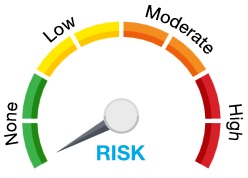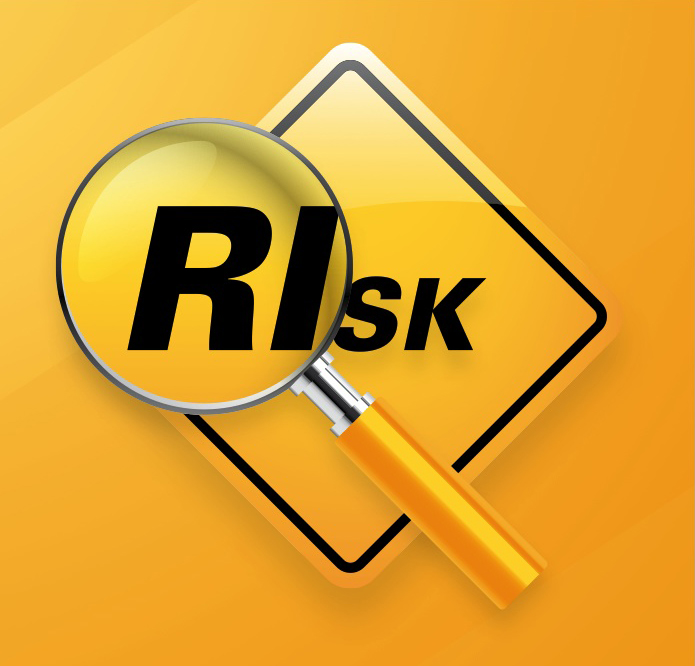Risk is all around us. Risk is part of everything we do. We all manage risk – often without realising it – every day. We experience risk as a common part of daily life.
Risk plays an important role in the way we manage our economy, organization or our family.

Risk Level is the overall level of assessed risk, it determine how much risk we are willing to accept to get a certain level of reward
When faced with risks, the challenge is how well prepared are we to overcome risks.
When thinking about risk management it is easy and understandable to focus extensively on disasters and accidents.
Managing risk is rather challenging and complex process as the process are continuously changing and evolving in terms of resources that are available – technology, innovation, human resources and other factors.

Every organisation will face different types of risk – internal, external, strategic, and those arising from major projects.
The depth and clarity with which a risk is defined is critical for risk management.
In order to adequately address an impending risk, it is important to gather as much factual information as possible for analysis to help manage and thus minimize risk.
Risk management not only prevents organizations from entering a dangerous and uncertain territory, which could lead to a catastrophic failures, but also ensure the development and growth of the business.
Nowadays risk management is an indicator of a modern approach to public management.
Issues centred on public sector governance such as on policy making and management in the public sector, including transparency, accountability, corruption, development effectiveness are complex to deal with.
Because good governance is critical, governance failures inhibit development effectiveness of policies and programs, and risks of such failures need to be fully analysed and mitigated.
Nowadays risk management is an indicator of a modern approach to public management.
The management of risk must not be left exclusively to the specialists. If consideration of risk is integral to all our work, we will be better placed to innovate and to deliver better results for the public.




